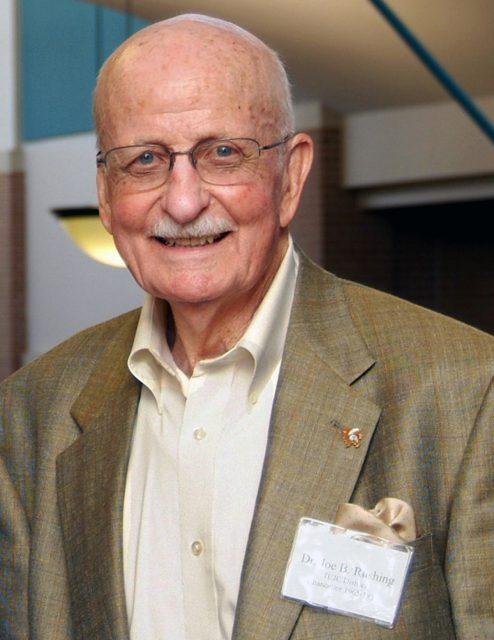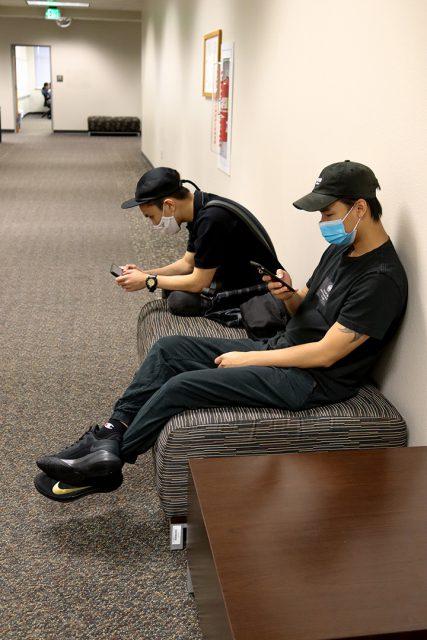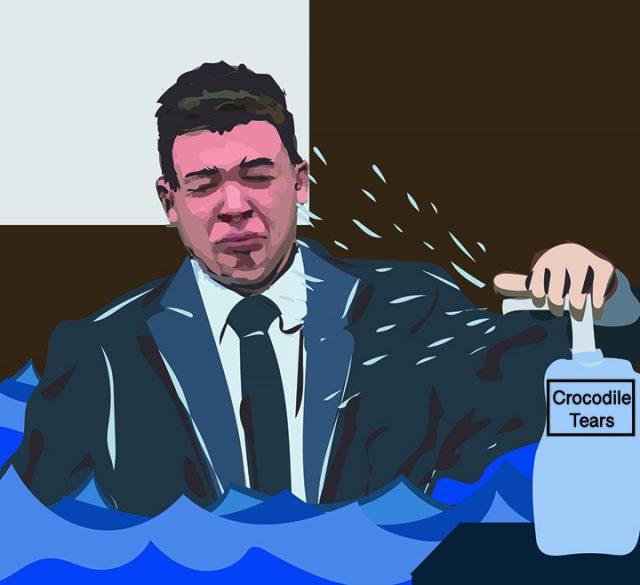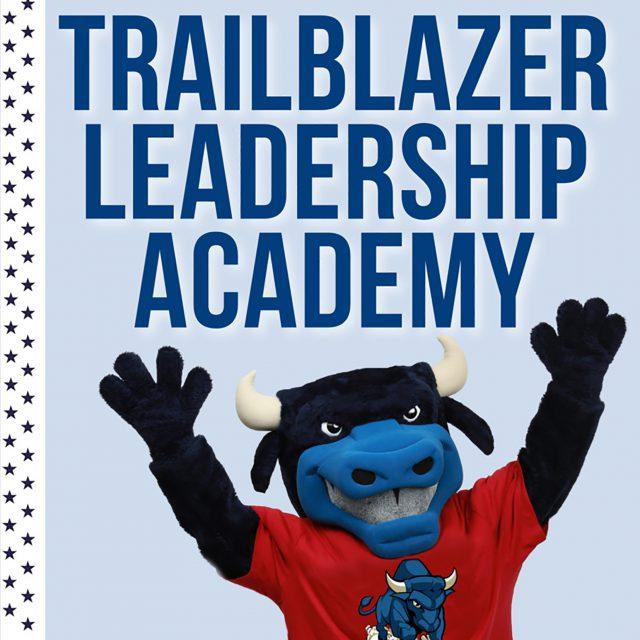Jose Romero
senior editor
Thirteen percent of Americans have increased their substance usage as a coping mechanism during the pandemic, according to the Centers for Disease Control and Prevention.
TR student Ryan Moody works at Baylor Scott & White as a patient care technician in the progressive care unit.
He said he sees a lot of substance abuse cases and withdrawal, primarily among young women between their 20s and 30s.
They come to the hospital in the hopes of a liver transplant due to alcohol abuse, but it can take months to find a donor.
“You see a girl coming in and she’s barely 29 or 30 and the doctor has given her maybe a year to live,” he said. “If she can get a liver transplant, she can live off of that, but she’s not looking good.”
Currently, the most abused substances he’s seen at the hospital are alcohol and over-the-counter medicines such as Tylenol PM. He said sometimes people come in numb because they just drank multiple bottles of allergy or sleep medicine.
Moody has had firsthand experience with substance abuse. Two of his uncles passed away from overdoses.
His uncle Robert’s addiction started after a sports injury in college. It began with a pain pill addiction, then grew into alcohol abuse.
“We owned a family farm, and he started hauling off our cattle to support his drug and alcohol habit,” Moody said. “When we took his vehicles away, so he wasn’t allowed to haul cows away to support his habit, he started turning into other things on the street for drugs and alcohol.”
His uncle went missing for a couple of months and didn’t reappear until Moody made a post on Facebook, asking anyone to bring him home. A week after the post, Moody’s mom went down to their grandmother’s house and found his uncle’s body in his trailer.
He said his other uncle, Derek, had been in and out of rehab four or five times. The last time he spoke to his uncle before his passing, he told Moody he had his life straight, and things were going great.
“Next thing I hear, my dad calls me in the middle of the night, crying,” he said. “He’s like, ‘Ryan, I have something to tell you. Your uncle Derek, they found his body. He’s dead.’”
Melanie Rose, TR kinesiology and Drug Use and Abuse instructor, said every semester, she has students telling her they have a substance abuse issue.
Rose said she feels there is a negative stigma surrounding people with substance abuse issues. They’re dismissed, with people telling them they’re a bad person or have low morals, which isn’t the case, she said.
“A lot of people are not educated on what causes addictions, misuse and abuse,” she said. “So, you’re automatically like, ‘Ugh, why are you addicted? Can’t you just stop?’ Not understanding that it’s not that easy to just stop.”
People who have been educated on the matter tend to have more sympathy toward users because there’s a greater understanding of what a person is going through, Rose said.
“I think that we just need more education,” she said.
People need to start showing more grace and understanding, Rose said. Addicts are shunned, causing them to go further down into their addiction.
Robert Parra, exercise science major and Drug Use and Abuse student, said people with addictions are villainized rather than given the assistance needed to break the cycle.
“There’s a lot of people that would much rather be judgemental instead of taking time and trying to help,” he said.
Parra believes the best approach to getting someone out of a substance abuse habit is to meet them in the middle rather than telling them to stop altogether.






































